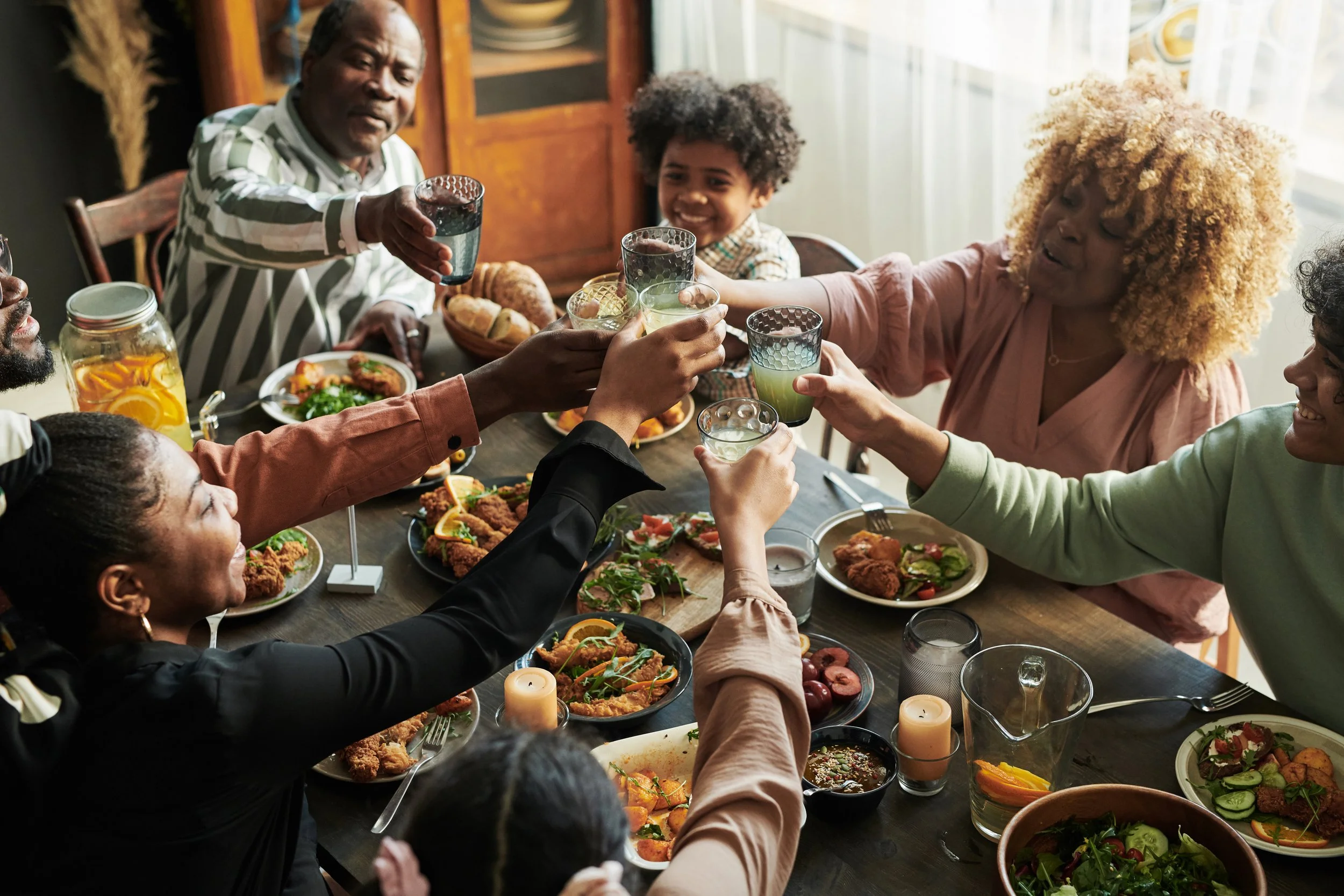ThE CRISIS OF BECOMING
Something I’d like to give some attention to as we continue this new year is what happens when we grow. Growth is painful. Sometimes it means the end of things that we’ve cherished for so long, sometimes growth is confusing. Maybe it even feels like moving backward. Growth means becoming something we haven’t been before.
Reflecting on my own life, I am surprised at who I am today.
It has been a grueling process at times. Uncomfortable. Something I often ask my clients is “How willing are you to be uncomfortable?” Many times, the answer to that question will dictate how much growth we see both in the room and outside it. What I did not expect was how uncomfortable my growth would be for the people around me. As I have put in hard work to become this person I love, it has meant hard conversations, unexpected boundaries, and–at times–the pain of being misunderstood.
The crisis of becoming is that we have to make choices about who we want to be and face who we were. Our change can be an indicator to those closest to us that we are moving forward, and sometimes that feels threatening to whatever dynamics we’ve let stand in the past. Let me be clear that this is not just for relationships that might have unhealthy tendencies or weak boundaries. Growth can be hard to watch for people who care deeply about us and don’t like seeing the process we need to go through.
Growth is a time to examine those boundaries and dynamics and consider if they need changing.
Regardless, when we go through radical growth, anyone who knows us well will feel the changes, too. Sometimes we have to be okay with that uncomfortable feeling that comes with being this new creation and leaving the old behind–old patterns of behavior, thoughts, doubts, and whatever else felt suppressing rather than stretching. If you have gone through a transformative experience, it’s okay that the people we care about might need some space to adjust.
If we have limited ourselves for too long, when we start taking up our own space again, it can feel intimidating to people who have knowingly or unknowingly encroached on our boundaries. These conversations are important to have. We exist in relationships of all kinds, and honoring these in a safe way is a piece of sustainable growth. Remember, this crisis of becoming is not solely reserved for “big” growth. It is not my job, nor anyone else’s to decide what “big” means for you. All growth doesn’t have to look the same, and we can’t place quantitative judgments on it.
Learning to say no is growth.
Hiking Macchu Piccu is growth.
Crying for the first time in years is growth.
Folding clothes is growth.
Each of these, and so many more, are signs that we can and are doing the hard work to become someone we want to be. Our loved ones might think we are a bit more rigid, or sappy, or silly than we used to be, and I hope these are things that you can celebrate. As a therapist, I cannot emphasize enough how much these small crises of becoming impact me. It is one of my greatest joys and privileges to get to be beside you as you learn to hum again, dance, or smile at yourself in the mirror. I hope you see it, too.
Begin Bozeman Counseling Services
Growing into who you want to become is much easier said than done. Our team of caring therapists would be honored to help you through the crises of becoming. You can start your therapy journey with Bridger Peaks Counseling by following these simple steps:
Meet with a caring therapist
Start becoming the best version of yourself!
Other Services We Offer in Bozeman, MT
Our team of caring counselors at Bridger Peaks Counseling is happy to provide a variety of mental health services. Our team is happy to offer services including adult counseling, teen counseling, group therapy, rising strong workshops, and marriage counseling. Furthermore, we provide anxiety therapy, depression treatment, substance use counseling, and online grief counseling. Along with EMDR, postpartum depression support, body image therapy, and psychiatric care. Our services are accessible using online therapy in Montana.










